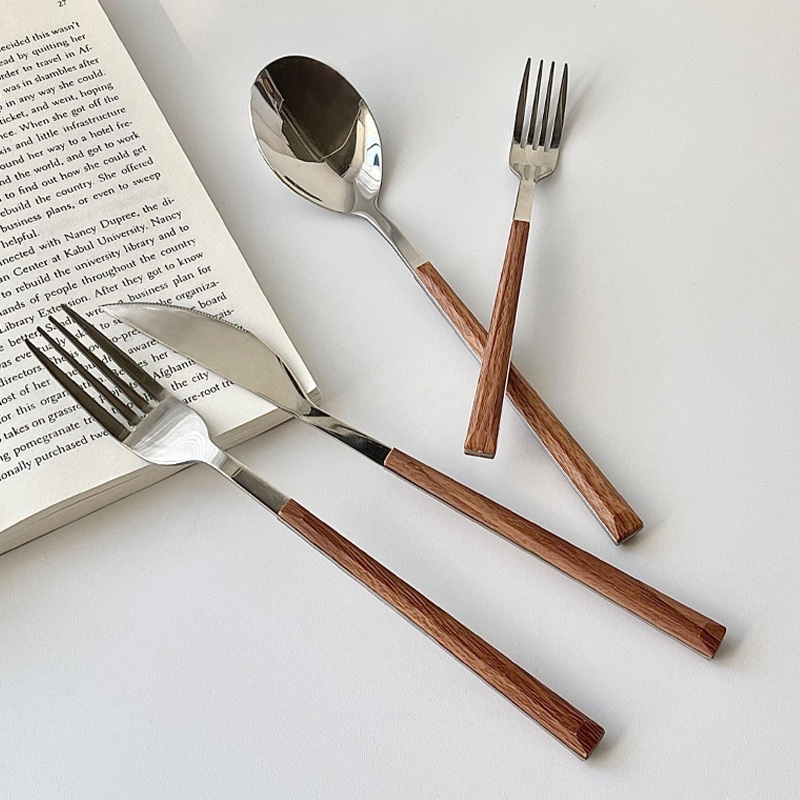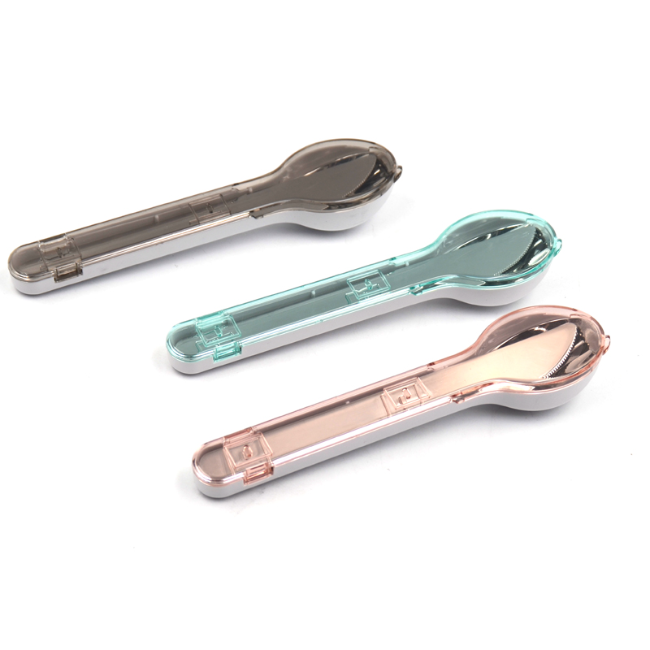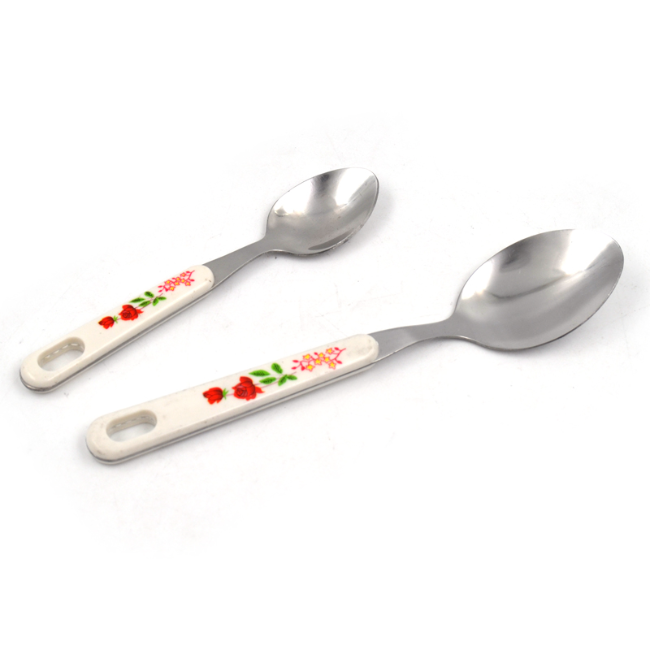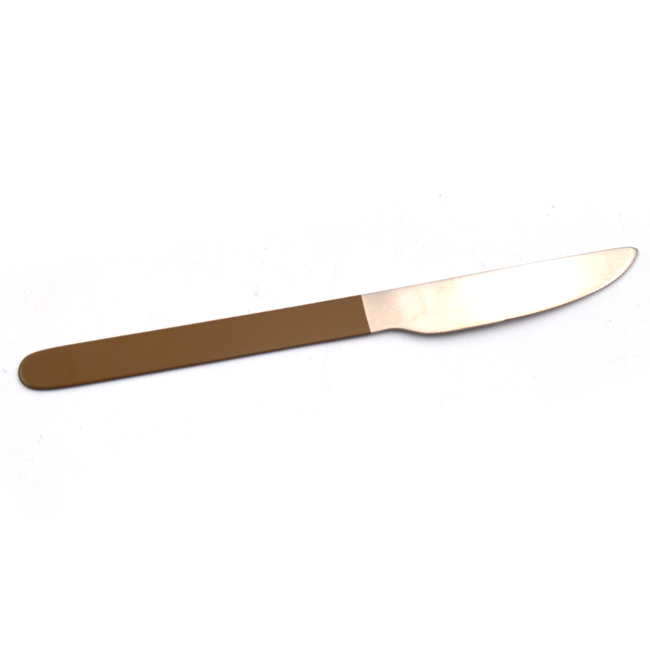
11 May
When Do Babies Learn to Feed Themselves with a Spoon?
When Do Babies Learn to Feed Themselves ...
When Do Babies Learn to Feed Themselves with a Spoon?
Introducing a baby to solid foods is an exciting milestone for both parents and children. One of the biggest developmental challenges is teaching babies how to feed themselves, particularly with utensils like a spoon. Learning to use a spoon marks a significant step in a child’s development, both in terms of motor skills and independence. In this article, we will explore the timeline for when babies start using a spoon, factors that can influence this process, and how Homefelt products can assist parents in making this transition. Additionally, we will touch on key related topics, such as Spoon and Table NYC, and where to find innovative baby products to make mealtime a little easier.
1. The Development of Motor Skills in Babies
Before babies can effectively use a spoon, they need to develop fine motor skills that allow them to grasp and manipulate objects. Typically, babies begin using utensils around the age of 12 to 18 months, although some may start earlier or later depending on their development.
1.1 Fine Motor Skills: Grasping and Holding the Spoon
Initially, babies will struggle with holding a spoon, often using a spoon and table NYC style utensil with large, soft handles that are easy for little hands to grip. It’s common for babies to use their whole hand at first, rather than the pincer grip that allows them to hold the spoon more precisely.
2. When Do Babies Start Using a Spoon?
Babies usually begin trying to feed themselves with a spoon by 12 to 18 months of age. However, it takes time for them to become proficient at using utensils without spilling food.
2.1 The Role of Parents in Spoon Feeding
Parents should help guide their babies through the process of learning how to use a spoon. The process often involves:
· Hand-over-hand guidance: Initially, parents will need to help guide the spoon to the baby’s mouth.
· Encouragement and patience: Babies need time to learn how to coordinate their hand movements and develop the necessary skills.
3. Spoon and Table: Designing Products for Little Hands
At Homefelt, we specialize in creating products that make mealtime easier for babies and young children. Our Spoon and Table NYC-inspired designs focus on ergonomics, ensuring that the spoons we make are comfortable for little hands and safe to use.
3.1 Spoon Design for Babies
Spoons designed for babies are often made from soft, flexible materials like silicone, which helps prevent injuries as they learn to feed themselves. Homefelt offers spoons with easy-to-grip handles and shallow bowls, making it easier for babies to scoop food and bring it to their mouths without too much mess.
4. Key Milestones in Self-Feeding with a Spoon
By 24 months, most toddlers can use a spoon without much assistance, although they may still struggle with precision. Over time, their skills will improve, allowing them to feed themselves more independently.
4.1 Encouraging Independence
Using a spoon also promotes a sense of independence, as toddlers feel proud of feeding themselves. As they gain confidence with the spoon, it also fosters fine motor skill development and hand-eye coordination.
5. Conclusion: Helping Babies Learn to Feed Themselves with a Spoon
Learning to feed oneself with a spoon is a huge developmental milestone for a child. By 18 months, most babies will begin showing interest in self-feeding, and by 24 months, they should be able to do so with minimal help. The right spoon can make all the difference in this journey, and Homefelt is dedicated to providing high-quality utensils designed to support this important developmental phase. Whether you're serving meals at home or dining out at a Spoon and Table NYC restaurant, quality utensils make every meal more enjoyable for both parents and babies alike.





